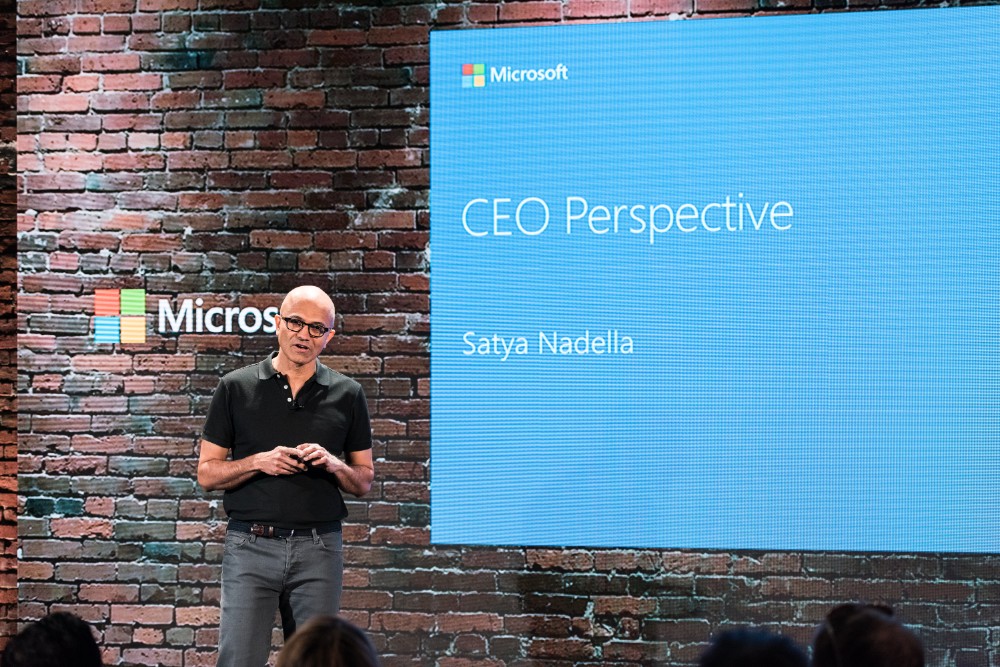When BP’s Texas City refinery exploded in 2005, the Chemical Safety and Hazard Investigation Board demanded better safety protocols. But the explosion of the Deepwater Horizon rig five years later showed that these recommendations had clearly been ignored. While this is a worst-case scenario, any organization can suffer costly consequences when they fail to remember lessons learned.
Why Learning Organizations Forget
- The cycle begins. An initial bad event causes a need for internal change. If it’s a publicly viewed event, external pressure from the public for reform also weighs heavily.
- Urgency fades. Over time, external pressures decrease as the public moves on and new events occupy their attention instead.
- The complacency trap. Internally, there is a false sense of security when no further incidents occur following a catastrophic event. Companies let their guard down.
- Crying wolf. When small signals of potential problems end up being nothing, internal teams lose their ability to identify early warning signs, or worse, start ignoring them entirely.
- Company turnover leads to impunity. Over time, many employees who witnessed the bad event first-hand move on from the company, and new employees who don’t have the same sense of responsibility may not be as vigilant about prioritizing safety.
- “But this is different.” As more time passes and new innovations and technologies are discovered, these uncharted territories give the impression that the same precautions need not apply.
- Increased precautions means decreased innovation. Competition to launch products faster, increase sales, or a need to cut cost often make lengthy protocols look like a nonessential business risk.
Reinforcing the Learning Cycle
While innovation is important, leaders must champion a culture of “worker safety first”:
- Open up channels of communication across the organization so that any team member can make their concerns public. It’s not just up to one committee to ensure precautions are taken; it should be deeply embedded into company ethos.
- Reward these contributions. When people do bring up potential issues, make sure that this is portrayed as a positive action, rather than a roadblock.
- Prioritize spending. Budgets are always being cut, but some decisions are such a high business risk long-term that they must take priority.













